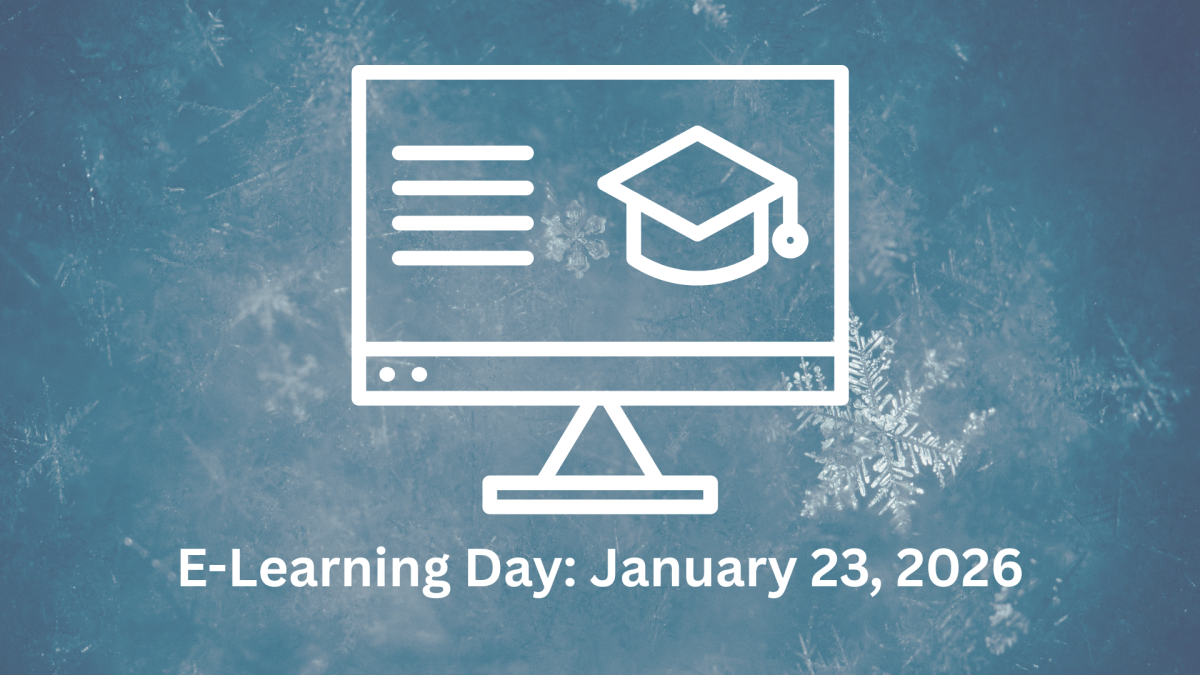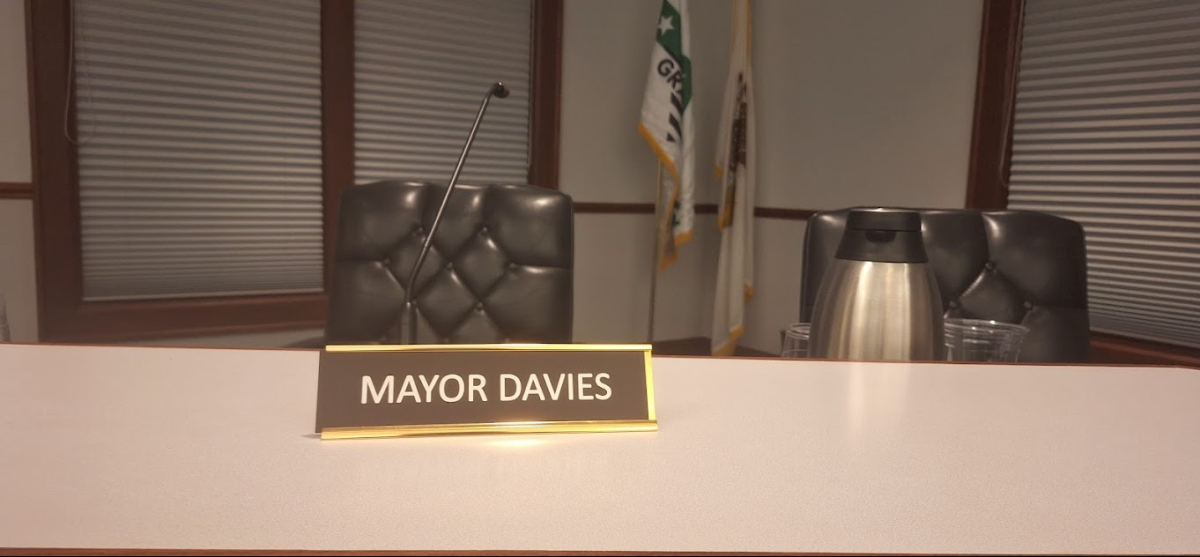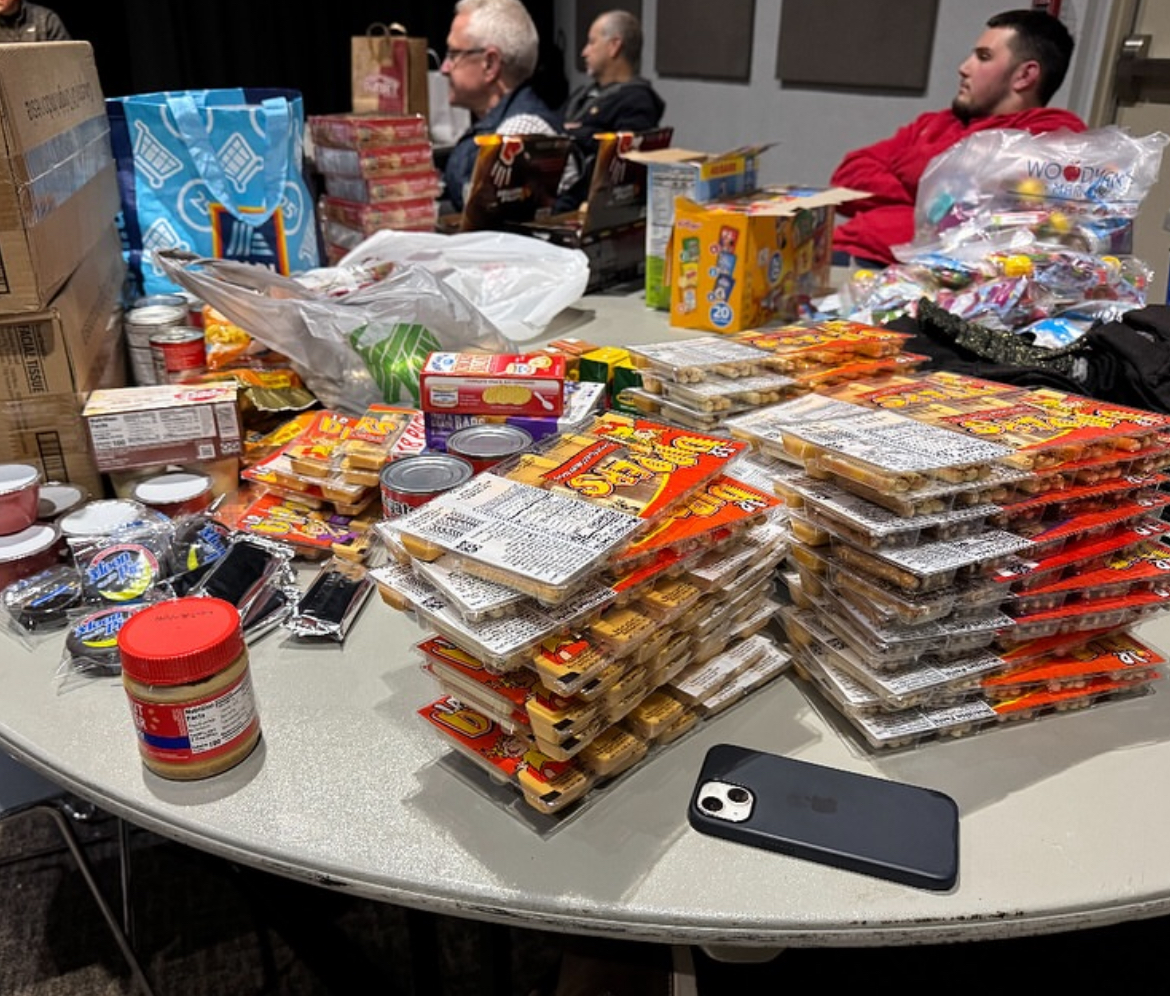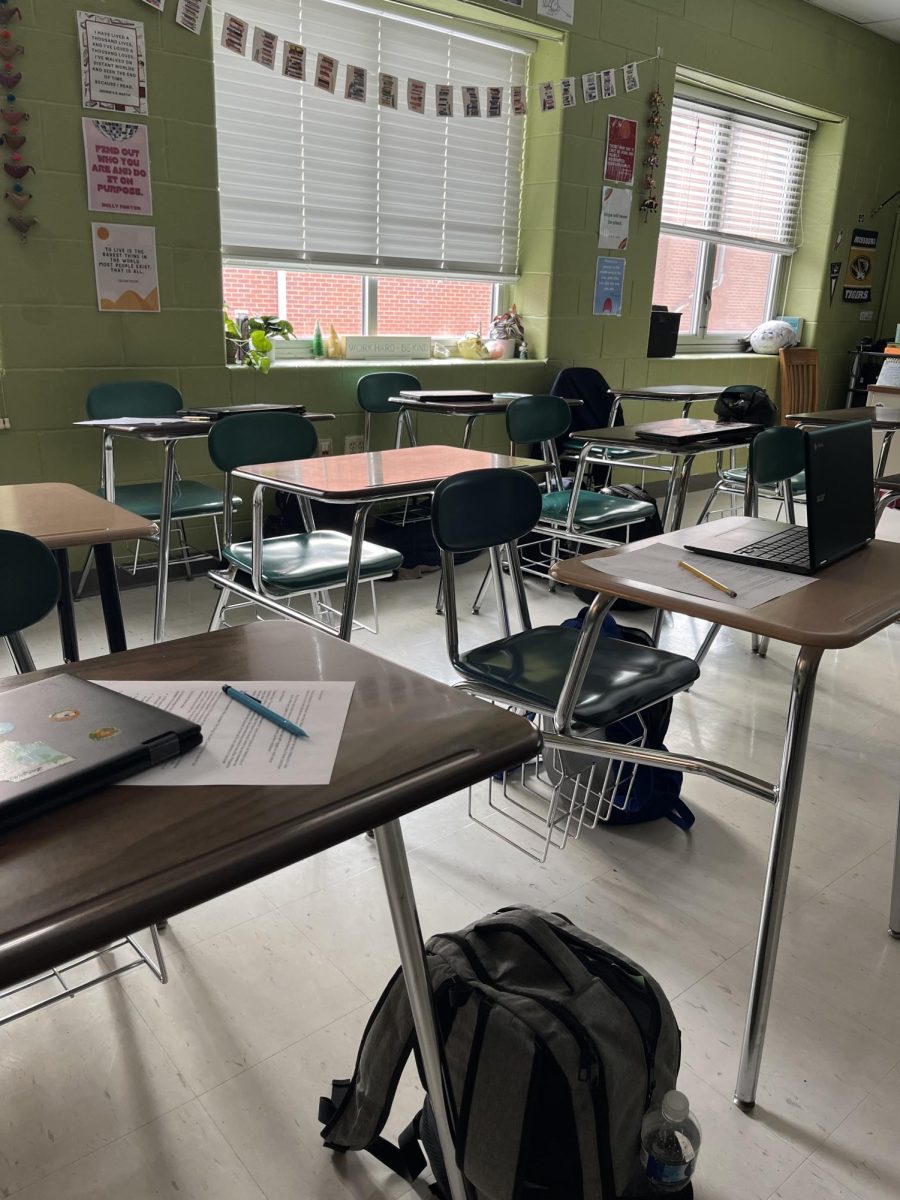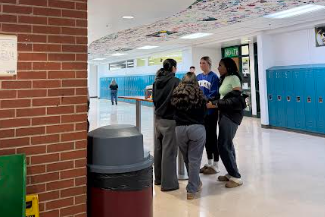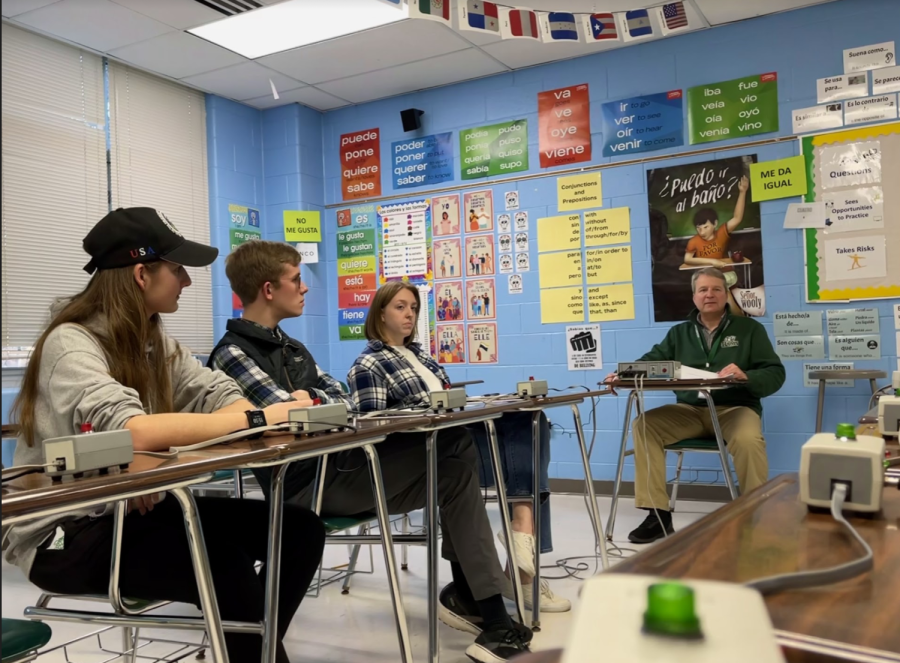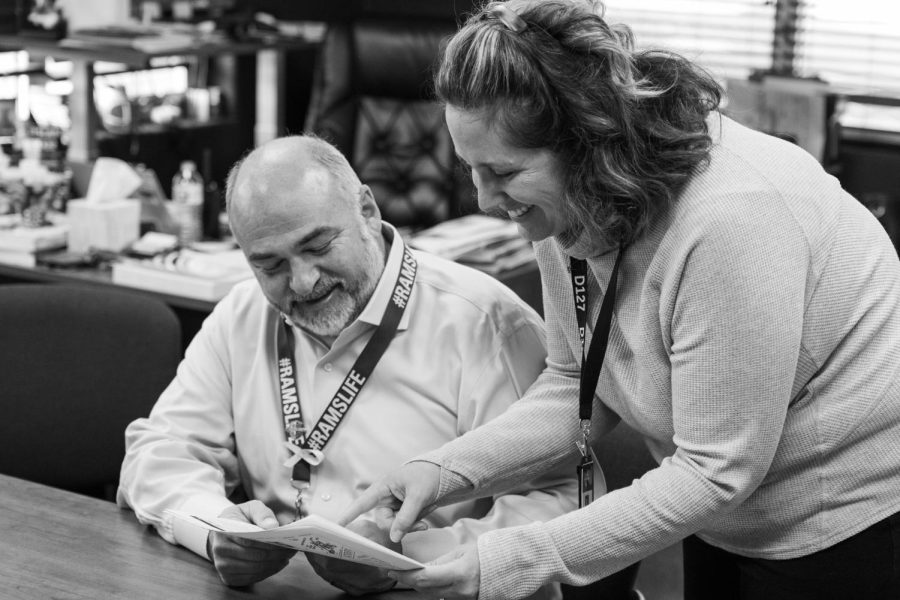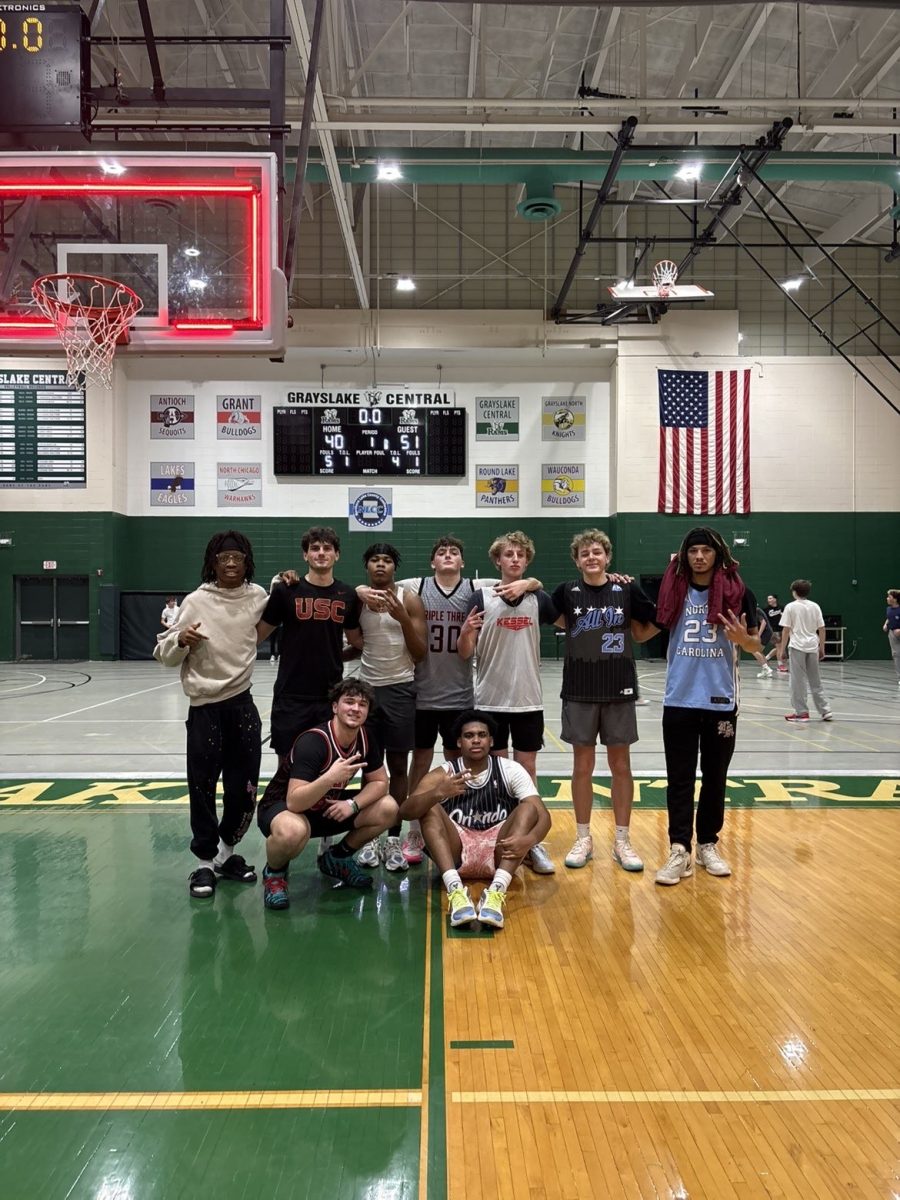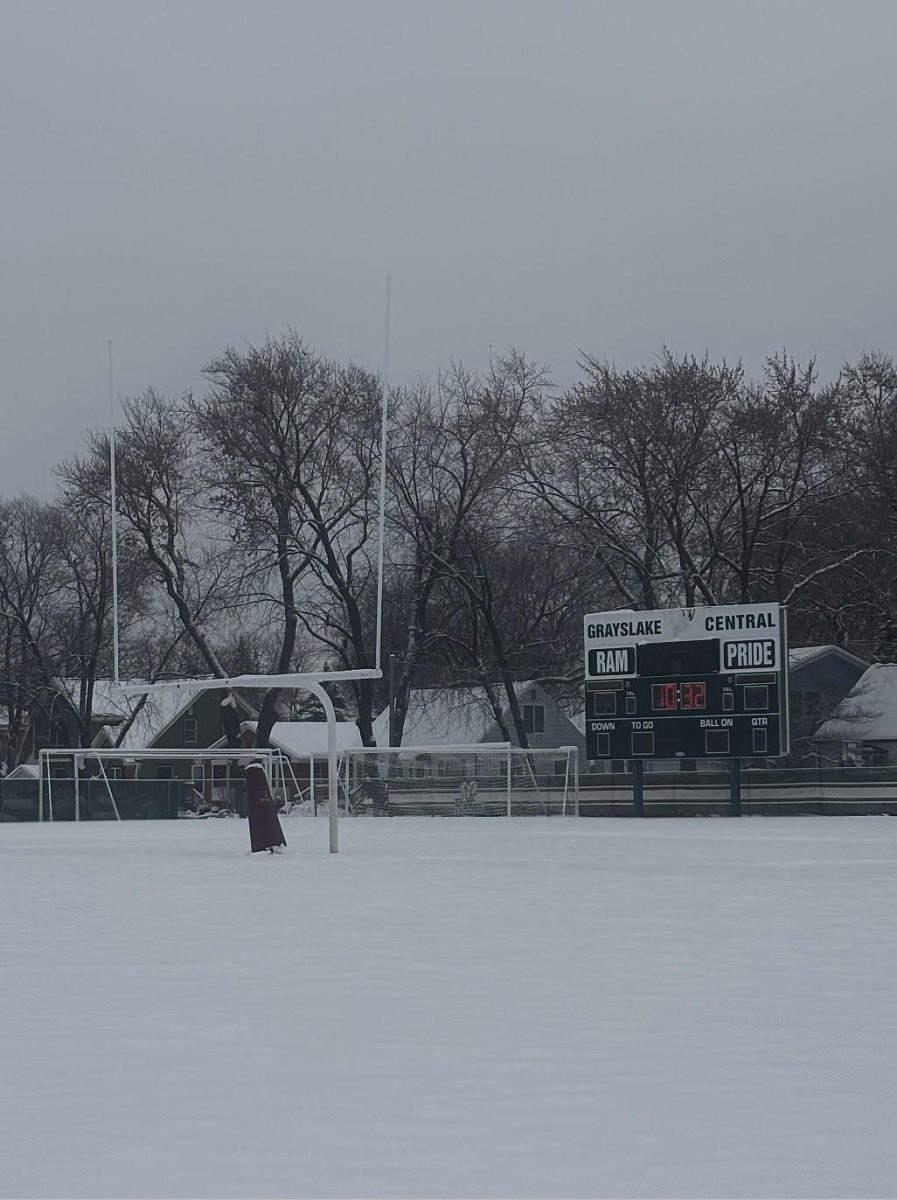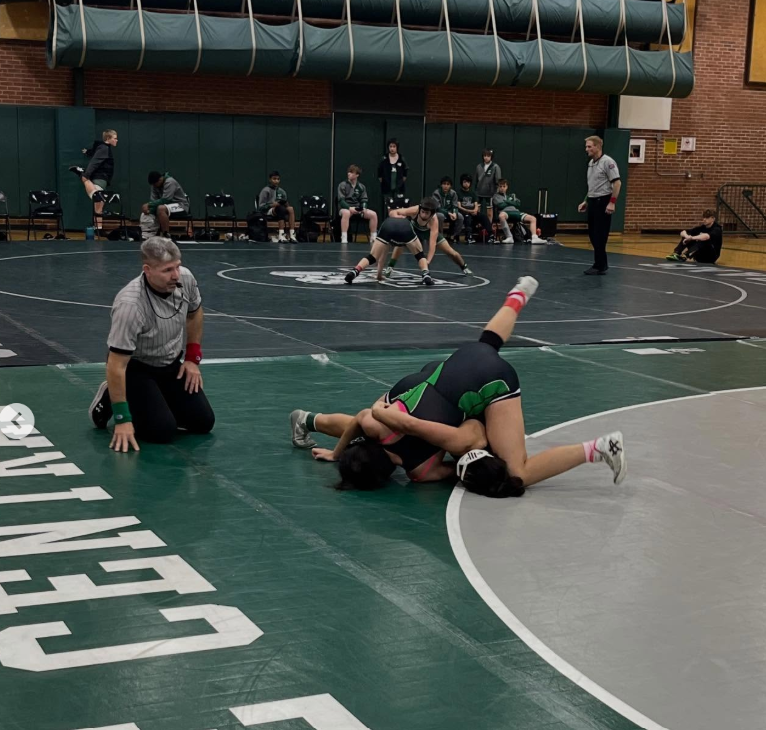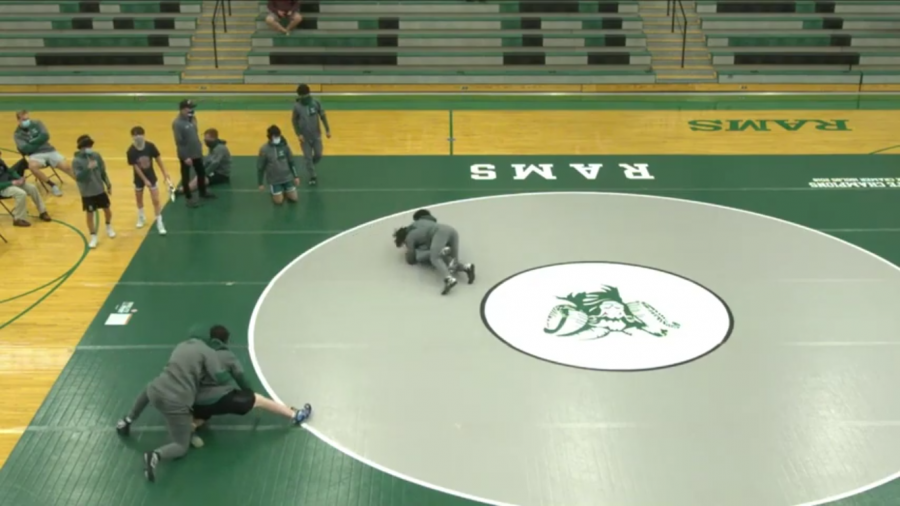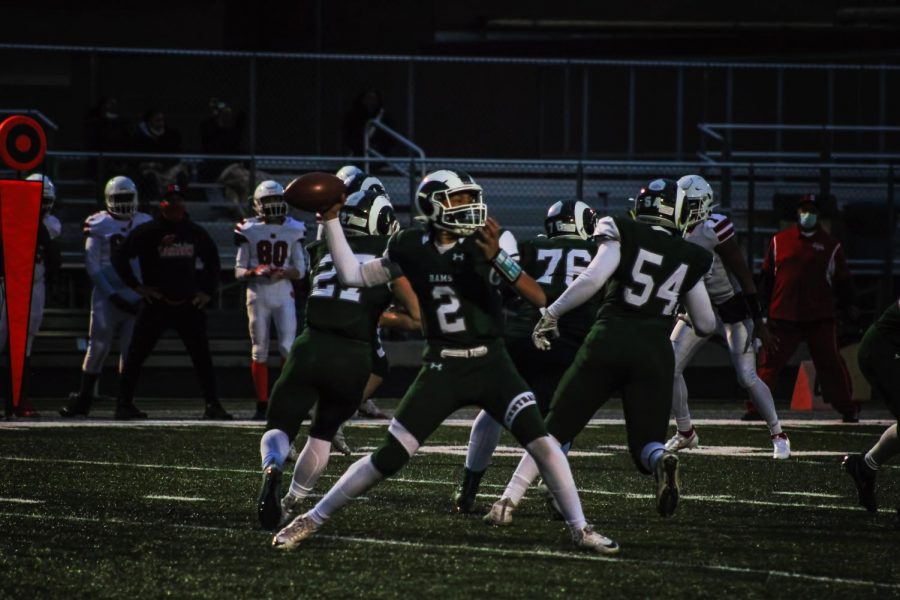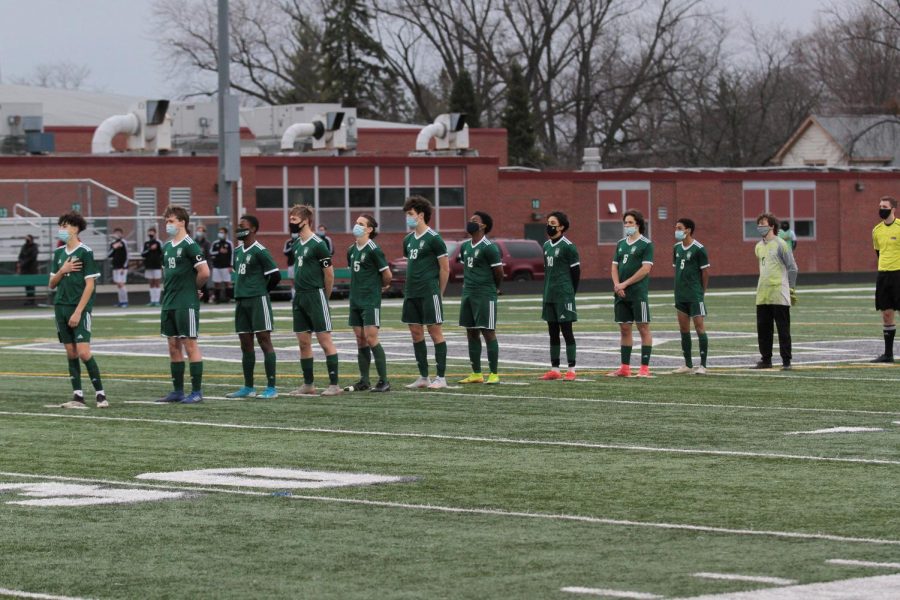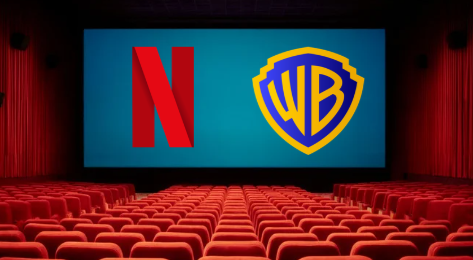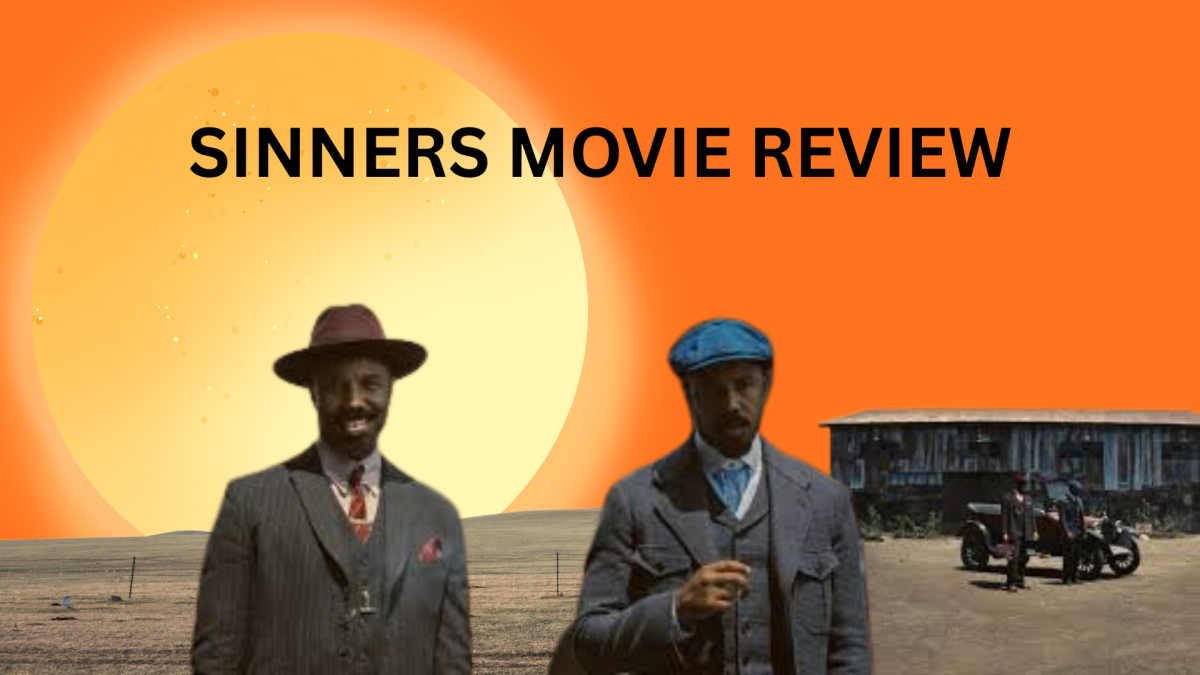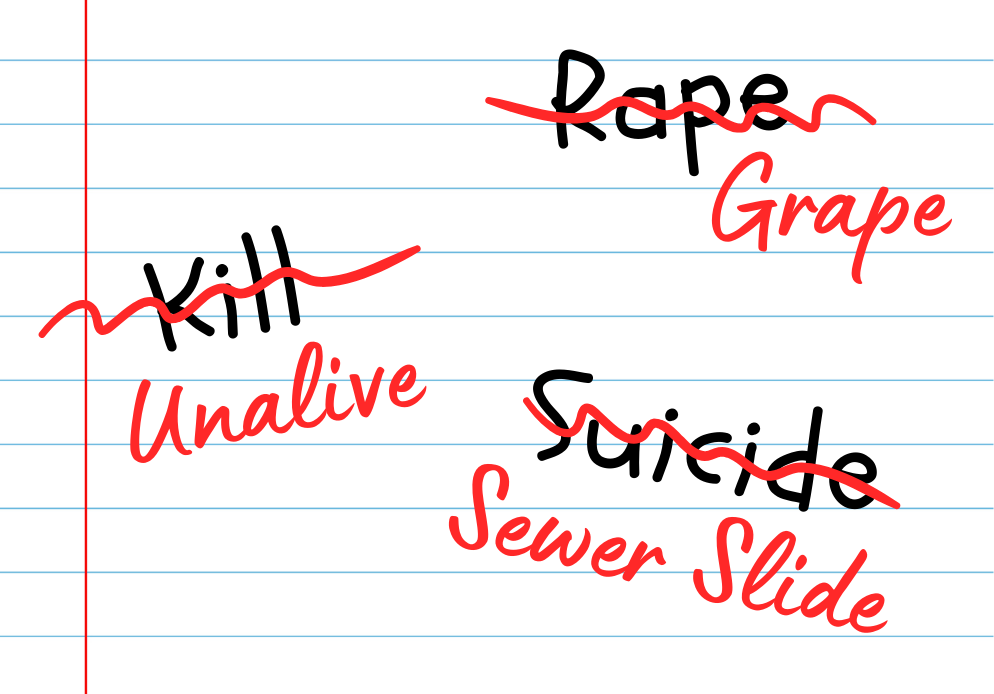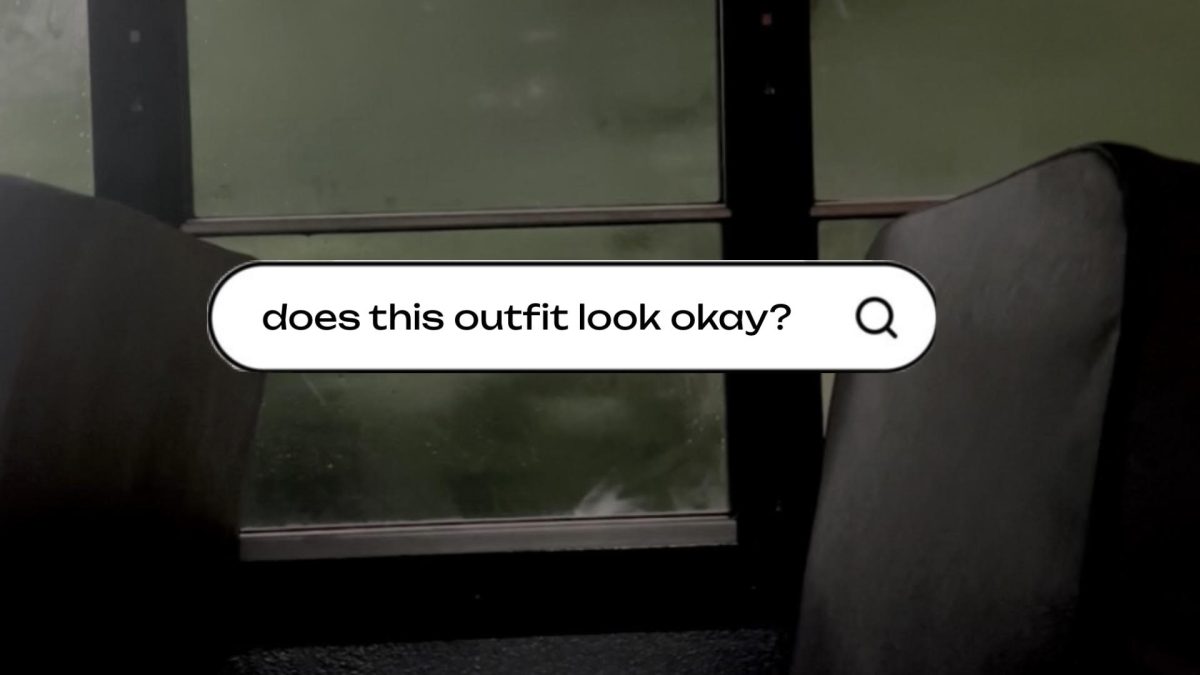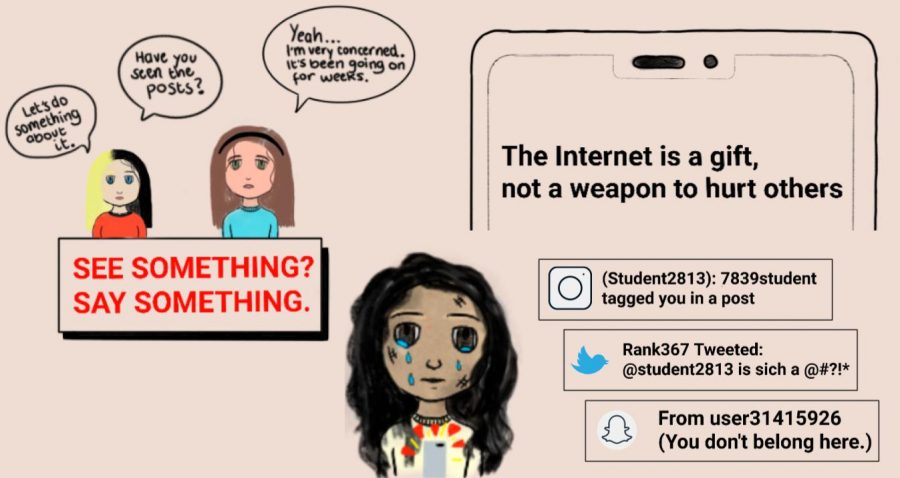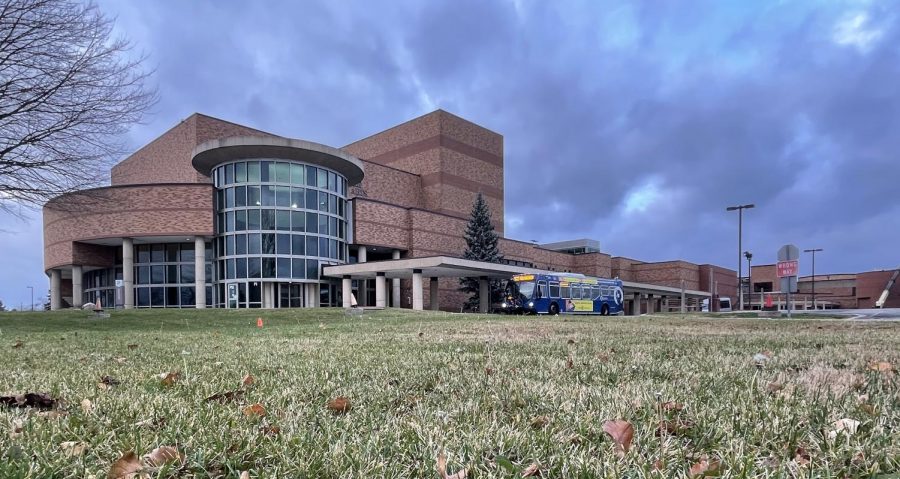Counselors provide college, career advice
Counselors provide college, career advice to help students decide their path.
Students can save as much as $30,000 if they attend CLC.
November 23, 2020
For many upperclassmen, deciding what to do post-high school may be daunting. When you are deciding on picking a college, there are many paths to choose. You could go to a community or junior college for your first year or two. You can go to a four year university. There is also the option of going to a trade school. For some people, they might not want to attend college, and instead, go into the workforce right out of high school. Either way, making the choice that is right for you will take some thinking. College and career service coordinator Noel Marquardt and counselor Brett Kay help provide information that might help with your decision.
According to Marquardt, when looking for colleges, the best option is to see them for yourself.
“If you’re a junior. Go on college visits, if you can, […]We have virtual college visits every day. You can go visit colleges over your winter break or spring break or in the summer. As a senior you probably should have already applied […] But if you really don’t know. And maybe, if you haven’t [already] applied yet maybe you’re not ready to go to college,” said Marquardt.
Another good way to pick a school is by creating three categories. This method will help you focus on getting into your ideal school while having a backup plan if you do not get accepted into that ideal school.
“Find a handful of schools that fit within three categories. The first category is considered to be what’s called a reach school. The second category is what’s considered to be a target school. And the third category is going to be what’s considered to be a safety school. When I use those three terms, I’m specifically referring to standardized testing scores and… GPA,” said Kay.
If you don’t know what you want to do, college isn’t the only way to find your calling. Just because this path isn’t popular doesn’t mean it’s a bad route. A college education is important, but the return on investment of your money is as well.
“Maybe go to a trade school, get a job that you can start right away. Learn to weld. Those guys make so much money… Do something, but don’t spend $25 to $100,000, to figure that out if you don’t have to,” added Marquardt.
When looking at schools and visiting campuses, there are some key things to look for to make sure the college is right for you.
“If you know what your major is make sure that they have that major. There’s a lot of things to think about. Do you want to go to school in a big town, or a small town? Walk around if you feel uncomfortable, it’s not for you. A lot of people, you hear them say, ‘as soon as I got on campus I knew’,” said Kay.
Since you will be on your own, you have to make sure you are in a safe environment.
“The first thing you should really think about is do you feel safe? If you were to walk from the library to wherever you were living at night, would you feel safe to walk through campus? A second thing is based on your areas of interest. What opportunities exist at the schools you’re looking at?” said Kay.
When it comes down to money, CLC is seen as the best option if you are looking to save. It is not far from GCHS. You can save thousands of dollars your first two years. And you can earn the same credits as everyone else that attends bigger colleges.
“If money is most important and you’re not a straight A+ student with the highest SAT score possible, go to CLC or another community college. CLC is an amazing school; get all those general education classes out of the way for $4,000 a year. Instead of the $25,000 and up to go to somewhere else, and you’re going to take the same classes,” said Marquardt.
So if you’re still struggling to decide what is next for you, take some of the tips presented and see if they can help solve some of your troubles deciding between a school or path. For more help on this, you can visit this link or view this graph below provided by Marquardt.



